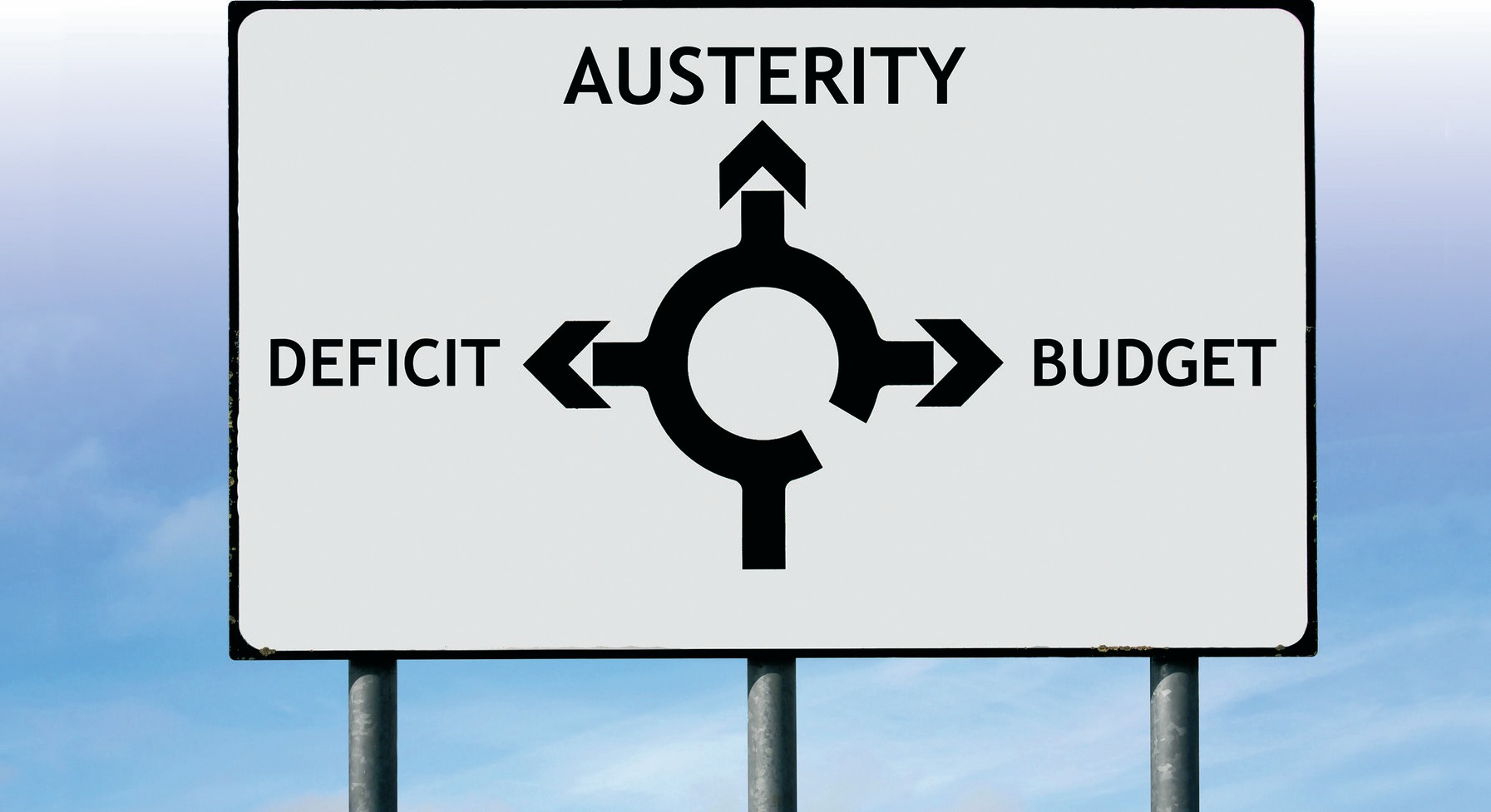
In many countries, the financial crisis that began in the late 2000s has led to severe budgetary problems for governments. For example, the need to bailout failing banks has effectively required governments to nationalise these institutions, which has led to dramatic increases in government debt. At the same time, the recession which resulted from the crisis has led to the emergence of large budget deficits for governments that had made expenditure plans based on the assumption of steady growth in output and therefore in tax revenues.
Due to these developments, governments around the world have adopted austerity programmes, in which government expenditure has been cut back (at least relative to planned growth rates). This has arguably led to a deeper and more prolonged recession than would otherwise have been the case because the multiplier effects of falling government expenditure have reinforced the initial negative shock to the economy produced by the financial crisis itself.
Your organisation does not have access to this article.
Sign up today to give your students the edge they need to achieve their best grades with subject expertise
Subscribe




